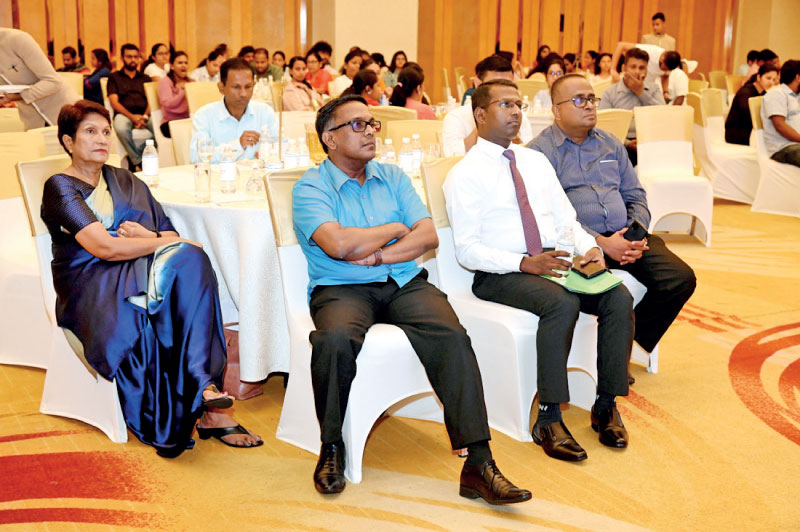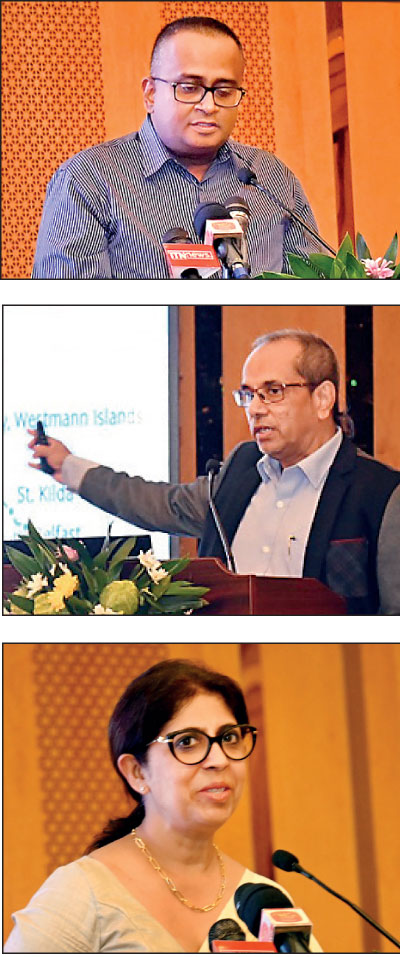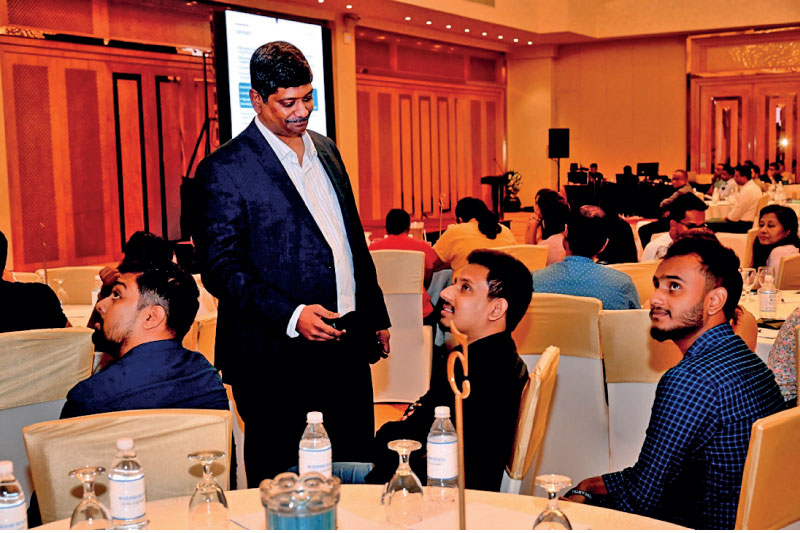Sunday Feb 22, 2026
Sunday Feb 22, 2026
Friday, 7 June 2024 01:44 - - {{hitsCtrl.values.hits}}

 Trade finance, a critical yet often overlooked component of commercial banking, plays a vital role in generating substantial profits. Despite its low credit risk, trade finance involves significant operational risks, necessitating highly skilled and continuously trained personnel. The Trade Finance Association of Bankers (TFAB), celebrating its 26th anniversary, addresses this need by enhancing the expertise of trade finance professionals.
Trade finance, a critical yet often overlooked component of commercial banking, plays a vital role in generating substantial profits. Despite its low credit risk, trade finance involves significant operational risks, necessitating highly skilled and continuously trained personnel. The Trade Finance Association of Bankers (TFAB), celebrating its 26th anniversary, addresses this need by enhancing the expertise of trade finance professionals.
TFAB’s dedication to professional development is evident through its annual seminars, evening lectures, and interactive programs. These initiatives ensure that bankers, importers, exporters, lawyers, and business leaders stay updated on global practices and regulatory developments, fostering a spirit of goodwill and collaboration within the industry.
The association’s annual trade seminar, a key event in the trade finance calendar, gathers industry leaders to discuss current trends and challenges. This year’s seminar, held on 18 May, 2024, at Marino Beach Hotel in Colombo, focused on “Global trade finance trends: Navigating opportunities and challenges in a dynamic market.” The event commenced with a welcome address by TFAB President Shyam De Silva setting the tone for a day of enriching discussions and valuable insight
The keynote address by Shashi Kandambi titled “Digitalised Trade Solutions,” highlighted Sri Lanka and Asia’s contributions to international trade. Kandambi discussed the region’s pivotal role and the incomplete adoption of digital technologies. Comparing Sri Lanka’s trade performance with countries like Vietnam, Hong Kong, and China, she emphasised the urgent need for full digitalisation to enhance efficiency and competitiveness. Kandambi’s remarks underscored the necessity for the integration of various industries to foster a thriving trade environment, advocating for technological advancements as crucial for the sector’s future success.
George Stuart Insurance Brokers Ltd. Director – Strategy Kumar Muthaih, provided an insightful overview of marine insurance, particularly Marine Cargo Insurance. He detailed the types of marine insurance, the risks covered, and the link between insurance and Incoterms. Muthaih emphasised the importance of insurance in mitigating risks, especially in the global context with political and war interests among countries. His session offered a comprehensive understanding of marine insurance’s role in global trade.
J.P. Morgan Trade Working and Capital Payment Financial Institutions Executive Director Denzil Fernandes conducted an engaging session with practical case studies based on UCP 600 and URC 522. Through real-world scenarios, he illustrated the application of these regulations in trade finance. The interactive question-and-answer segments fostered team discussions, allowing participants to gain deeper insights through shared experiences. Fernandes’s approach clarified complex concepts and enhanced the practical knowledge of trade finance professionals, making the session highly beneficial for all attendees.
Central Bank of Sri Lanka Department of Foreign Exchange Deputy Director Kapila Weerakoon discussed foreign exchange (FX) regulations related to current and capital transactions. He explained the Foreign Exchange Act (FEA) and its provisions, offering insights into business foreign currency accounts and forex loans. Weerakoon highlighted common reporting and transaction handling mistakes observed by the Department of FX and shared the department’s current initiatives and key priorities. His insights provided valuable guidance for financial institutions navigating FX regulations.
The final discussion, led by McLaren Group Management Ltd. Shipping and HR Services Consultant Anoma Ranasinghe focused on the critical role of shipping in international trade. She provided an overview of the maritime industry, addressing the challenges and opportunities of 2024. Ranasinghe shared practical cases of shipping disruptions, highlighting documentation issues and the complexities of different bills of lading. She emphasised the problems and intricacies involved, illustrating how technology has resolved many challenges. Her insights underscored the vital interplay between shipping and global trade, offering participants a deeper understanding of the industry’s current landscape and future prospects.
The seminar concluded with a note of gratitude to the organisers for their dedication and hard work. Their efforts significantly enriched the knowledge and skills of all participants, paving the way for future advancements in trade finance and shipping. Attendees left well-equipped to navigate the evolving dynamics of global trade finance, underscoring the seminar’s success in fostering professional growth and industry collaboration.
